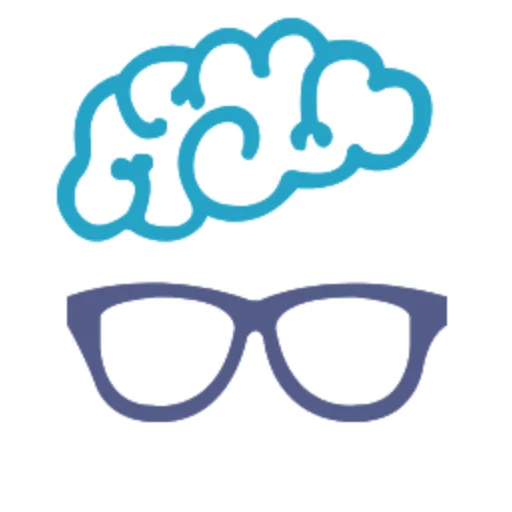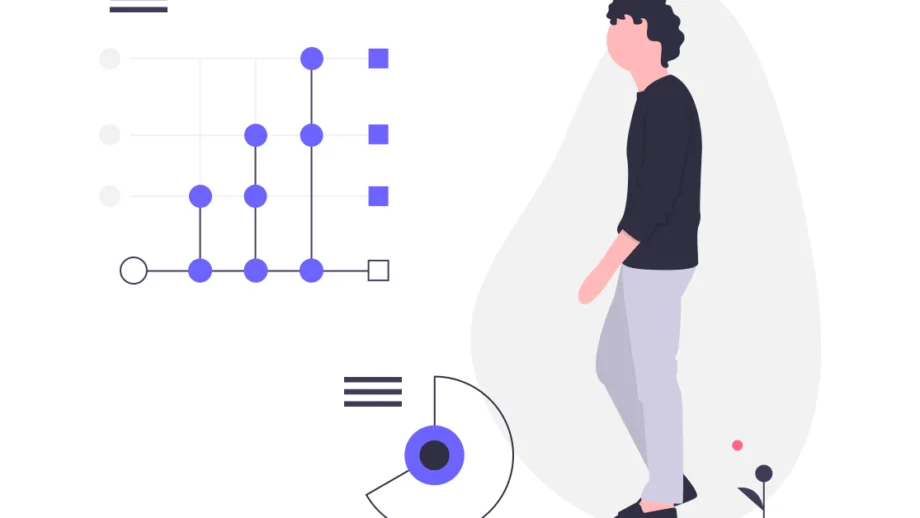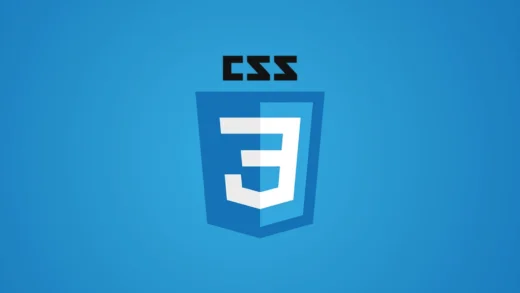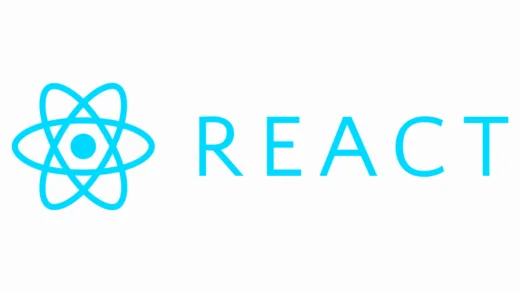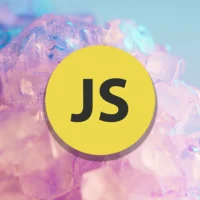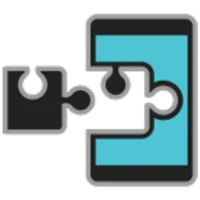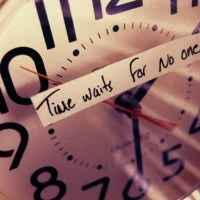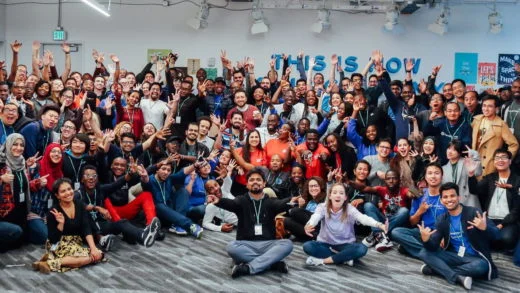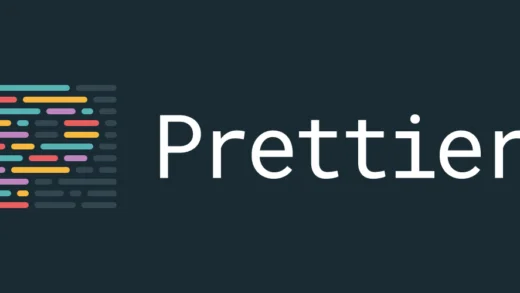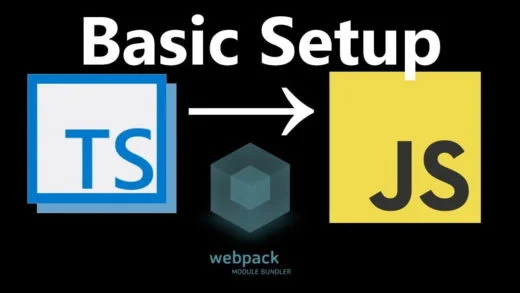Hello readers! Keeping up with the promise of being regular, I am back with another article. In case you missed reading my article about tips for an internship, I would recommend you check it out as well. Through this article, I intend to share my two cents about the entire “business analyst/data scientist” ecosystem, and the learnings thereof. Or simply put – these are some of the insights I derived after working closely in the said ecosystem.
A couple of points to keep in mind before we begin:
- There is a lot of content on the internet to give you clarity on what the roles of a business analyst or a data scientist entail. However, for the sake of simplicity, I would keep the focus strictly on “How the ecosystem works” and not on “What is the ecosystem”
- This article contains a mix of technical and non-technical terms. My advice would be to extract the juice, without diving deep into the specifics.
Without any further ado, let us begin with the insights:
1. Data Science is an art
Wikipedia defines science as –
“Science is a systematic enterprise that builds and organizes knowledge in the form of testable explanations and predictions about the universe”
If you have ever been on the machine learning and data science road, you will strongly agree that there is no “one size that fits all” solution to any given problem. Better yet, each problem can have multiple ways of solving. In the end, you have to pick the one that suits the requirement in the best possible way.
Owing to its ever-evolving nature and its unique characteristics, I prefer to term data science as an art and data scientist the artist trying to perfect his/her art. This happens one iteration at a time, till the art (aka model) achieves its maximum beauty (aka accuracy).
2. Data Scientists or Data Translators?
Amidst all the complex mathematical equations and concepts, it sometimes gets very difficult to speak the same language as the other stakeholders. The business people may not understand the mathematics you had put to arrive at your regression models. The data scientists will not focus their attention on the business side of things (Revenue? No; Gradient Descent? Sure!). And in such a scenario, it is imperative that you as a data translator should understand that gap that exists.
Put differently, you should be able to bridge the gap between different stakeholders with varying levels of expertise. Speaking the language of your audience helps you connect with them better and make them understand better.
3. Less is more
Knowing more software and languages will not make you a great data scientist or a business analyst. You may not know any of them and yet be an outstanding business analyst.
But, how is that possible?
The point is, R, Python, Tableau, SAS (and the endless list) are just the means to reach the end. They are not the end. In a sense, they are just an abstracted implementation of the fundamental concepts of machine learning. They enable us to leverage machine learning and data science capabilities by taking care of the complicated mathematics behind it. However, the true value lies in knowing how we derive what we use.
We need to dive deep into the fundamentals of machine learning. For example, understanding the mathematical equations that enable us to make such predictive models, deciding the cost function, and picking the minimization algorithm to implement. Without it, the big R-Python-Tableau family is just a sinking ship at best.
Hence, focus on the basics, build fundamentals, understand concepts (less), and not the catalog of software that is used (more).
4. Business Analysts – Understand The Business Impact
Point 3 focuses mainly on the data science part. However, for a business analyst, the analogous questions can be –
- How does this problem affect my business?
- Can the impact be assessed either in monetary or non-monetary terms?
- What value do we intend to extract by implementing the given process?
It is crucial to understand the value chain of the organization and your contribution to it. Doing so helps you gain perspective of the bigger picture. Additionally, It can possibly help you assess the contingencies better if we think across different verticals rather than just one.
Through this article, I have tried to share my understanding of the whole business analyst/data scientist ecosystem. These were some of my learnings as part of my professional engagement. These learnings are not carved in stone and can vary basis an individual. However, if I could travel back in time and give myself some insights before getting engaged in such setup, these would be it.
That is all folks!
If you liked this article or would like to share your experiences with the community, drop a comment below. If you derived some value out of it, support us!
Until next time, keep learning!
